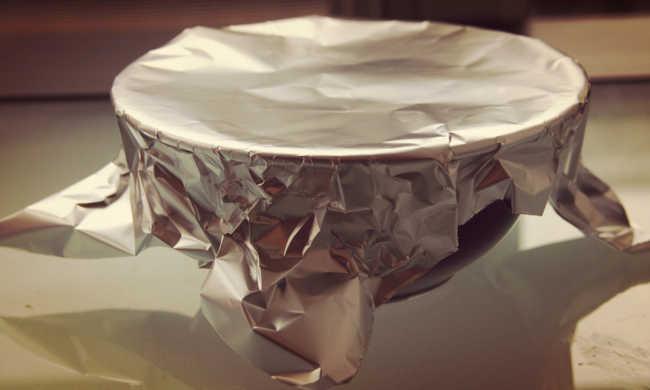Labyrinthitis: symptoms, causes and treatment
Know the symptoms of labyrinthitis and find out how to treat this inflammation in the inner ear

Edited and resized image is available on Pxhere
Labyrinthitis is an inflammation of the inner ear, known as a labyrinth, that can compromise both balance and hearing. It usually manifests in people aged 40 to 50 years and, if not treated correctly, the problem can become more serious. After the first acute phase, which lasts only a few days, labyrinthitis can progress to a second phase, with more attenuated symptoms, and then become a chronic problem, lasting months or years and then starting again, like a cycle.
Causes of labyrinthitis
The most common causes of labyrinthitis are infections caused by viruses (flu, colds, mumps, measles and glandular fever) or bacteria (meningitis), uses of medications that can affect the ear (aspirin and antibiotics), brain tumors, head trauma, consumption excessive drinking, coffee and smoking, allergies, high blood pressure, high cholesterol, diabetes and thyroid problems, temporomandibular joint dysfunction (TMJ), neurological disorders and even emotional problems such as stress and anxiety.
labyrinthitis symptoms
Labyrinthitis can affect one or both ears - if you suspect you have labyrinthitis, see a doctor or doctor for a correct diagnosis and treatment. The main symptoms are:
- loss of balance and dizziness;
- Feeling of pressure inside the ear;
- Decreased hearing;
- Headache;
- Nausea and vomiting;
- Loss of hair;
- Fluid and secretions coming out of the ear;
- Ringing in the ear;
- Fever above 38°C;
- Pallor.
After a bout of dizziness, the person usually experiences feelings of lightheadedness, nausea and vomiting, sweating, paleness and malaise. Some people may also experience anxiety, depression and even panic attacks.
The individual may feel that the environment revolves around the body, or that the body rotates in relation to the environment, or a feeling that they are stepping on emptiness, of falling and imbalance.
IMPORTANT NOTICE: do not drive during crises or under the influence of medication for the treatment of labyrinthitis.
How to prevent?
- Practice physical activity;
- Avoid drinking alcohol;
- Do not smoke;
- Drink plenty of fluids (preferably water);
- Have a healthy diet, which helps to maintain an adequate and balanced weight;
- Do not drink carbonated drinks that contain quinine;
- Control cholesterol, triglycerides and blood glucose levels;
- Try to manage stress and anxiety crises.
Treatment for labyrinthitis
See an otolaryngologist as soon as you suspect you have labyrinthitis and follow whatever therapy your doctor prescribes (usually antibiotics, anti-inflammatory and other medications). It is also necessary to rest at home, in a dark and quiet place - there are also home remedies and better nutrition that can help with the treatment. Read more about the topic in the article "Remedy for labyrinthitis: three homemade options".










